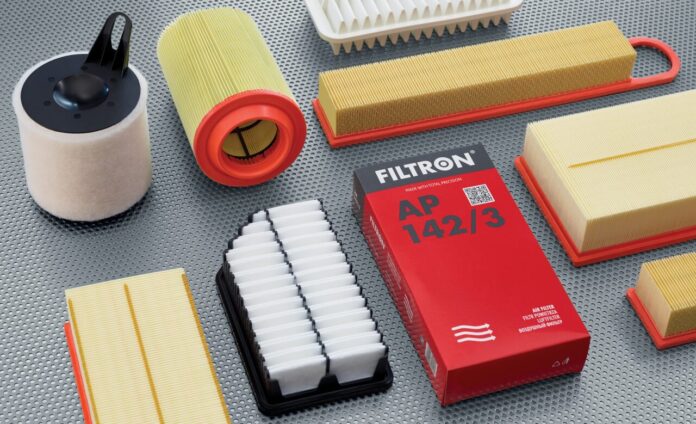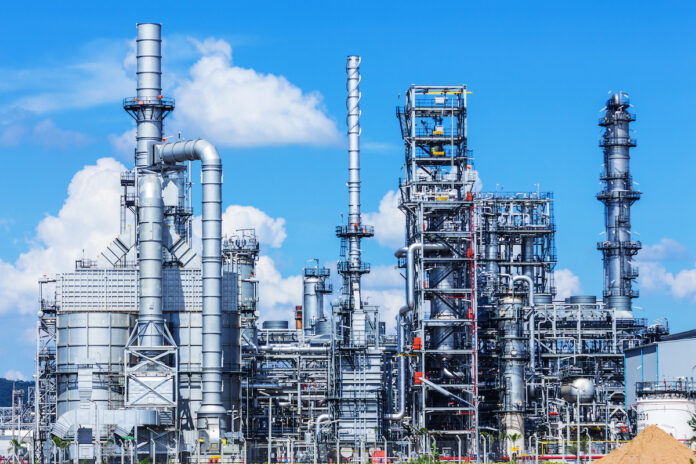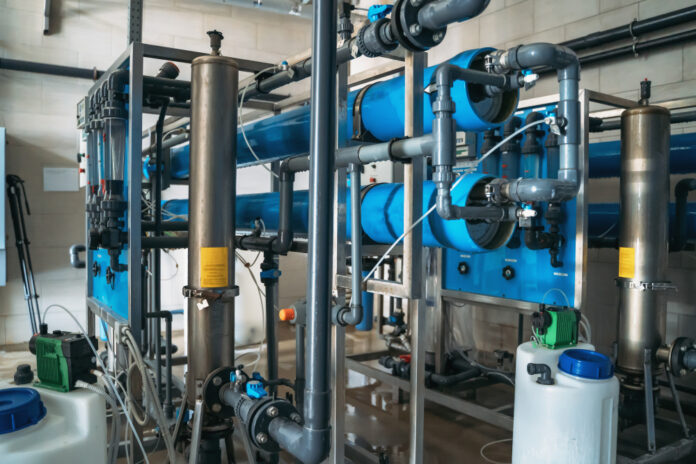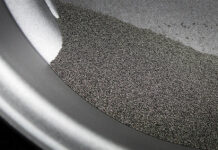Filtration and separation technologies are critical to maintaining the efficient and successful functioning of industrial operations. These technologies are used in a variety of sectors, including the automobile industry, to eliminate undesired pollutants and maintain the quality of the finished product. Filtration and separation technologies are important to the efficient running of engines and other gear in the automobile sector. The filtration of oil used in engines and other machinery is one of the most significant uses of filtration and separation technology in the automobile sector, and more information on this may be found at catalog.hifi-filter.com.
The oil used in automobile engines and other machinery is subjected to extreme temperatures and pressures, which can cause it to degrade over time. When the oil deteriorates, it can get polluted with a variety of particles and debris, including dirt, metal shavings, and other impurities. If contaminated oil is not filtered and replenished, it can cause engine failure and other expensive repairs. Automotive manufacturers utilize complex filtering and separation technologies to prevent engine failure and extend the life of machinery. These systems are intended to remove impurities from the oil and guarantee that it continues to efficiently lubricate the engine. Oil filters, air filters, and fuel filters are some of the most regularly utilized filtering and separation solutions in the automobile sector.
1. Filters for motor oil

Oil filters are intended to remove impurities from engine oil, which is vital to the engine’s good operation and lifetime. As the oil runs through the filter, pollutants including dirt, metal shavings, and other material are trapped. The filter accumulates particles over time and must be updated. It is critical to change the oil filter as well as the oil itself regularly, as directed by the manufacturer’s maintenance plan.
Oil filters are classified into two types: spin-on filters and cartridge filters. Spin-on filters are self-contained systems with a replacement filter element that screws into the engine block. Cartridge filters, on the other hand, feature a replacement filter element that fits within an engine block housing. The type of filter used is determined by the brand and model of the vehicle, as well as the mechanic’s or vehicle owner’s preferences.
2. Air filters

They are intended to filter pollutants from the air that enters the engine. They collect dust, grime, and other particles before they may damage the engine. Air filters are commonly constructed of paper, foam, or cotton, and they must be updated regularly to guarantee good engine operation.
Panel filters and cone filters are the two most common forms of air filters. Panel filters are flat and rectangular, and are intended to fit inside a filter housing in the engine compartment. Cone filters, on the other hand, have a conical form and are intended to fit straight into the engine’s air intake. Cone filters are frequently utilized in high-performance applications because they boost engine airflow.
3. Fuel filters
Fuel filters are used to filter impurities from the gasoline that enters the engine. When the gasoline passes past them, they catch particles and debris, preventing them from reaching the engine and inflicting harm. Fuel filters are commonly constructed of paper, metal, or synthetic materials and must be changed regularly to guarantee appropriate engine operation.
Fuel filters are classified into two types: inline filters and canister filters. Inline filters are generally composed of metal or plastic and are installed along the gasoline line. Canister filters are bigger and intended to fit within an engine block housing. The type of filter used is determined by the brand and model of the vehicle, as well as the mechanic’s or vehicle owner’s preferences.
Apart from the automotive sector, filtering and separation solutions are used in a variety of other industries
1. Chemical Industry

Filtering and separation are critical in the chemical industry, which produces a variety of chemicals and compounds. Filtering is used to eliminate impurities and pollutants from raw materials utilized in the production process, assuring product quality and uniformity. Separation methods are used to separate various chemical components from one another, allowing for the isolation of certain molecules for subsequent processing.
2. Food and Beverage Industry
Filtering and separation are critical in the food and beverage industries, where product quality and safety are vital. Filtering is used in the manufacturing process to eliminate impurities and pollutants from raw materials such as water, sugar, and other substances. Separation techniques are used to eliminate undesirable components from liquids, such as solids, or to separate distinct components of a combination, such as cream from milk.
3. Pharmaceutical Industry

Filtering and separation are crucial in the pharmaceutical sector because product purity and safety are critical. Filtering is used in the manufacturing process to eliminate impurities and pollutants from raw materials such as chemicals and solvents. Separation procedures are used to separate certain chemicals for subsequent processing or to eliminate undesirable components, such as water from a pharmaceutical solution.
4. Mining Industry

The mining sector largely relies on filtration and separation techniques to recover rich minerals and metals from the soil. Filtering is used to remove impurities and pollutants from ore before it is processed, whereas separation procedures are used to extract important minerals and metals from the surrounding rock and soil.
Filtration and separation solutions are critical components in a wide range of sectors, including automotive, pharmaceuticals, food & beverage, mining, and many more. They play an important role in improving product quality, boosting efficiency, and lowering costs, enabling firms to satisfy client needs while remaining competitive in their respective marketplaces.
Oil, air, and fuel filters are used in the automobile industry to protect the engine and other components from dangerous impurities and debris. Filtration and separation solutions are used in various sectors, such as chemical and pharmaceutical, to eliminate impurities and pollutants from raw materials and to isolate certain molecules for subsequent processing.
Filtration and separation technologies are used in the food and beverage sector to maintain product quality and safety, while they are utilized in mining to recover precious minerals and metals from the soil. Filtration and separation solutions are critical for guaranteeing the efficiency, reliability, and safety of goods and processes in any business.
The necessity of filtration and separation solutions cannot be emphasized in today’s fast-paced, highly competitive corporate climate. Businesses may improve their operations, fulfil client demand, and remain ahead of the competition by investing in these solutions.









